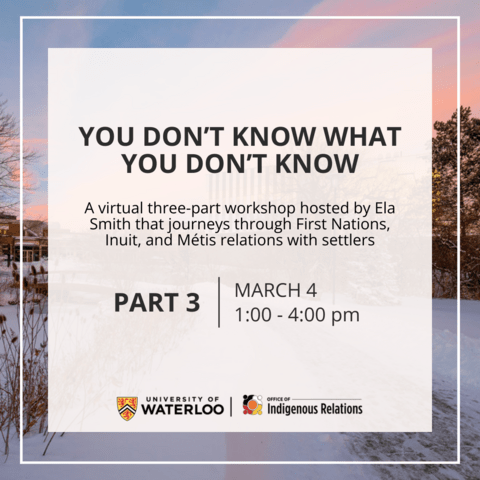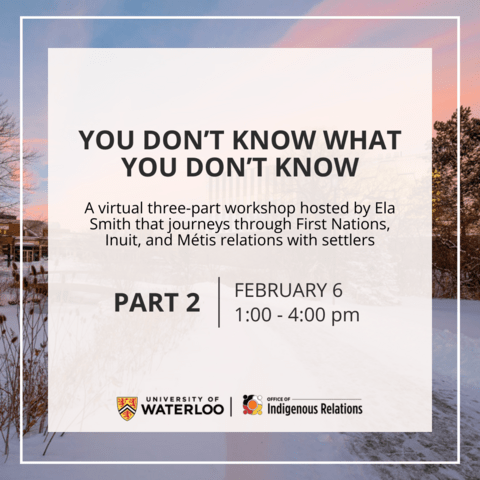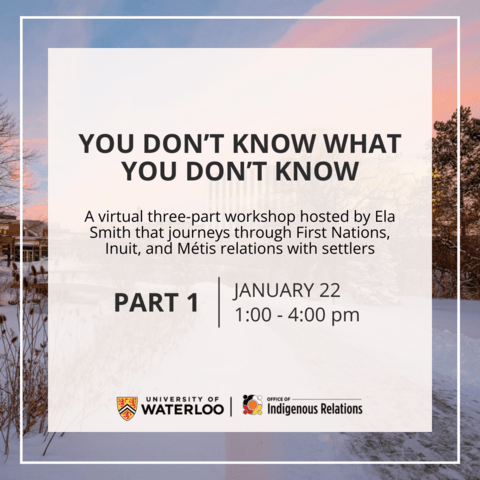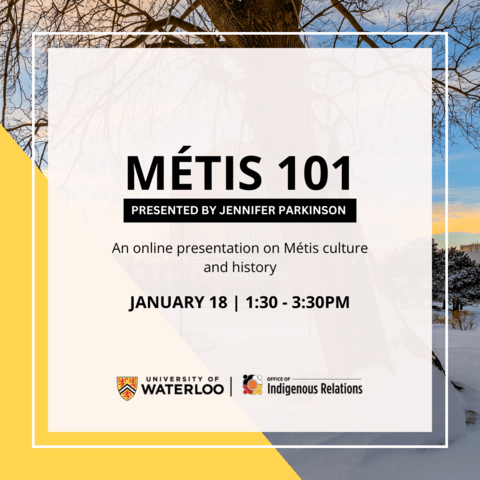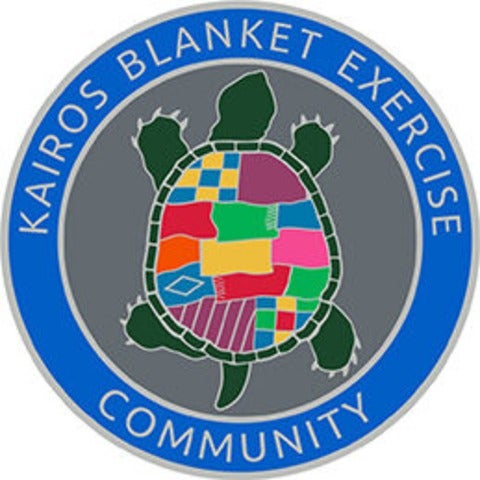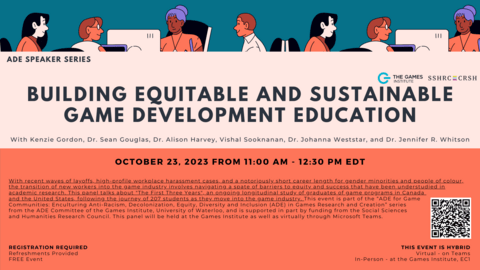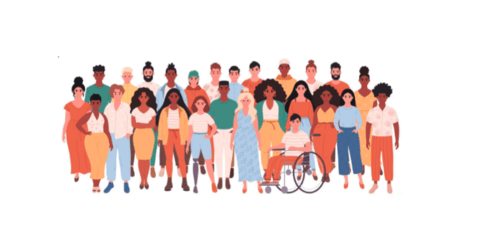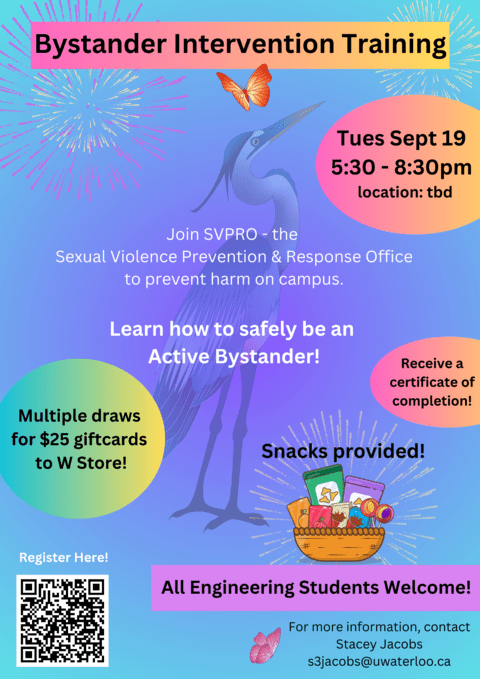Part 3 of a three-part workshop hosted by Ela Smith that journeys through First Nations, Inuit, and Metis relations with settlers. As the title indicates, you don't know, what you don't know so everyone is welcome. You will be introduced to the concept of Miskasowin (wholistic self-evaluation) that will define content, context, and relationship promoting further action, accountability, and responsibilities as a treaty person in this land now known as Canada.
Workshop
Part 2 of a three-part workshop hosted by Ela Smith that journeys through First Nations, Inuit, and Metis relations with settlers. As the title indicates, you don't know, what you don't know so everyone is welcome. You will be introduced to the concept of Miskasowin (wholistic self-evaluation) that will define content, context, and relationship promoting further action, accountability, and responsibilities as a treaty person in this land now known as Canada.
Part 1 of a three-part workshop hosted by Ela Smith that journeys through First Nations, Inuit, and Metis relations with settlers. As the title indicates, you don't know, what you don't know so everyone is welcome. You will be introduced to the concept of Miskasowin (wholistic self-evaluation) that will define content, context, and relationship promoting further action, accountability, and responsibilities as a treaty person in this land now known as Canada.
Presentation on Métis culture and history, including with the ethnogenesis of the Métis, "Who Are the Métis?", their unique and rich culture and language. Why did they disappear in history? Where are they today?
The KAIROS Blanket Exercise (KBE) is an interactive learning experience that examines the historic and contemporary relationship between Indigenous and non-Indigenous peoples in the land we now know as Canada. As a participant, you’ll step on blankets representing the land and into the role of First Nations, Inuit and Métis peoples. You’ll be guided by trained facilitators, including Indigenous Elders and Knowledge Keepers through our shared history, including pre-contact, treaty-making, colonization, resistance and much more. We’ll close with a talking circle to debrief and a shared meal.
You can sign up for the event with the link provided or reach out to Sean Hayes, the director of Campus Ministry (sean.hayes@uwaterloo.ca) for more information.
This workshop aims to help students, faculty, and staff understand the historical and contemporary forms of oppression that impact trans and non-binary Black, Indigenous, and racialized identities. Participants will engage in debunking and demystifying conversations regarding trans inclusion, discussing accountability frameworks, and building a toolkit of practices to affirm and uplift trans identities.
With recent waves of layoffs, high-profile workplace harassment cases, and a notoriously short career length for gender minorities and people of colour, the transition of new workers into the game industry involves navigating a spate of barriers to equity and success that have been understudied in academic research. The First Three Years is an ongoing longitudinal study of graduates of game programs in Canada and the United States, following the journey of 207 students as they move into the game industry. In this workshop, our research team will summarise the primary challenges students have identified in their game programs. This summary includes equity and diversity issues inherent in common curricular practices such as the efficacy of capstone courses and internships, the inclusion of crunch-like practices in the classroom, the systematic failure to inform students of actual workplace conditions, and the mismatch between student preparation and industry hiring practices. Afterwards, participants will address whether/how these problems manifest in their own institutions, and what solutions might improve equity outcomes for students seeking careers in games.
This event is part of the “ADE for Game Communities: Enculturing Anti-Racism, Decolonization, Equity, Diversity and Inclusion (ADE) in Games Research and Creation” series from the ADE Committee of the Games Institute, University of Waterloo, and is supported in part by funding from the Social Sciences and Humanities Research Council.
You're invited to participate in an evidence-based workshop on gender inclusion in science and engineering, sponsored by the Inclusive Research Team in the Office of the Vice President, Research and International. This interactive session, designed by and for scientists and engineers, examines empirical findings related to stereotyping and bias, along with strategies for increasing inclusion. Topics include organizational values, diversity in teams, overcoming barriers, and promoting a broadly inclusive culture through allyship in research, hiring, and training.
Bystander Intervention can help create a sense of belonging, care, and respect within our Engineering community. Bystander Intervention Training is one way the Sexual Violence Prevention & Response Office - SVPRO – is building consent culture on our campus. This training will provide you with practical skills so when you see harmful situations you feel more confident to prevent or stop them and provide support to the person being harmed.
Effective reading and notetaking can play a key role in your academic success. Discover how to stay focused and adapt your reading and notetaking strategies to your learning environment. In this workshop you will:
- Develop skills for active learning and engagement
- Use strategies to read with focus and efficiency
- Learn how to implement effective notetaking strategies
*This workshop has been designed for students with a disability and/or registered with AccessAbility Services. Everyone is welcome to learn and participate!
*Please note registration will close 30 minutes before the start of the workshop. The meeting link will be provided via email 10 minutes prior to the start of the workshop.
- Currently on page 1 1
- Next page
